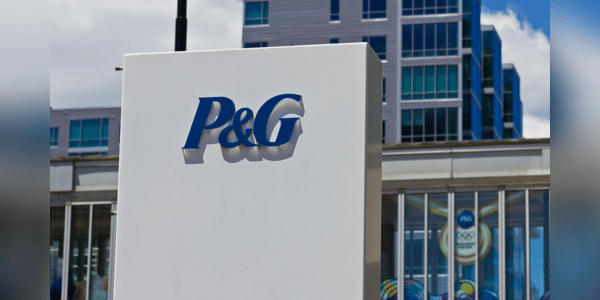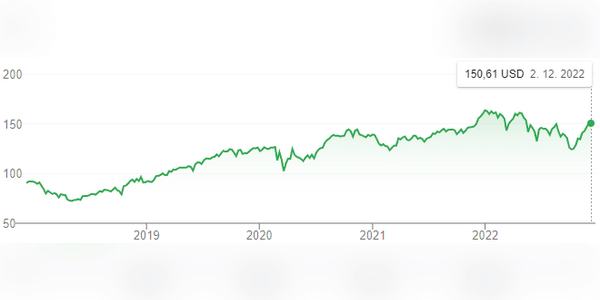3 defensive dividend stocks guaranteed to protect you from recession
Because of the high probability that the economy will fall into recession early next year, a focus on stocks that are not subject to the economic cycle is in order. The following trio of dividend stocks could form the foundation of a portfolio and make it more recession-proof.

Procter & Gamble $PG
Since its founding in 1837, Procter & Gamble has become one of the world's largest consumer goods companies, with annual sales in excess of $80 billion. It operates a number of leading brands, including more than 20 that each generate north of $1 billion in annual global sales, such as Tide laundry detergent, Charmin toilet paper, Pantene shampoo and Pampers diapers. P&G sold its last remaining food brand, Pringles, to Kellogg in calendar year 2012. Sales outside the U.S. represent approximately 55% of the company's consolidated total, with approximately one-third coming from emerging markets.

Procter & Gamble has been paying dividends…
I hope one day I can have a company with a steady flow of shares
https://dovevedereprofetistreamingitalino.statuspage.io/https://cb01profetifilmaltadefinizionehdsubita2023.statuspage.io/
https://www.scoop.it/topic/cb01-film-profeti-streaming-ita-in-altadefinizione-2023-by-gewomohttps://www.scoop.it/topic/me-contro-te-il-film-missione-giungla-2023-film-completo-streaming-ita-in-linea-gratis-2023-by-pebavaf-nknjhttps://www.scoop.it/topic/il-gatto-con-gli-stivali-2-l-ultimo-desiderio-streaming-sub-ita
https://www.showwcase.com/show/32919/cinema-il-gatto-con-gli-stivali-2-lultimo-desiderio-2023
Hormel has been around for more than 130 years, so it has been through recessions and depressions, world wars, global pandemics and natural disasters.
sfadsd sfdfhdgs
how i'am choosing a classy broker?
Thanks!
Thanks!
pd
interesting information!
I really like the quality protection